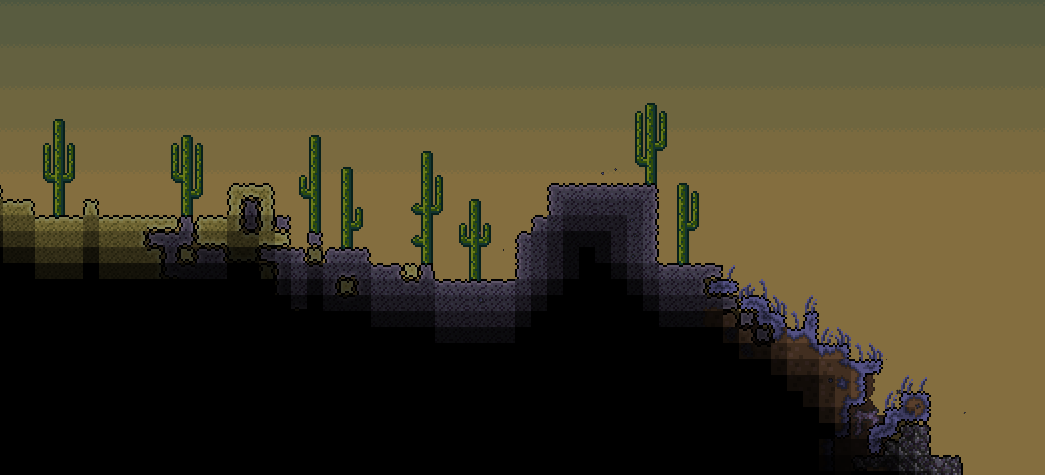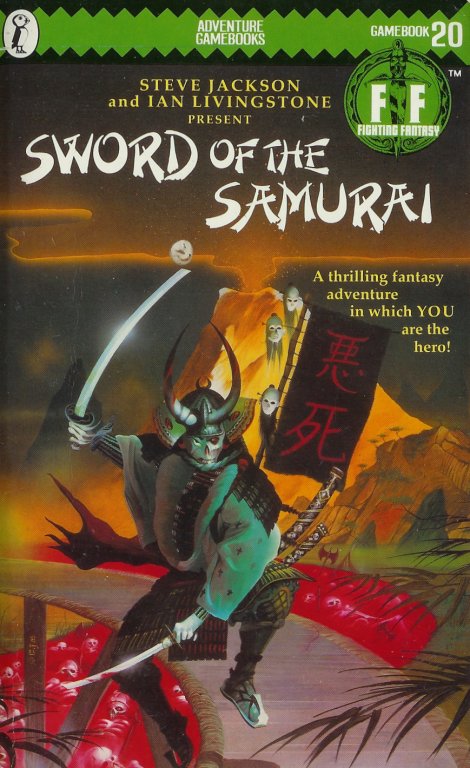
Then from where the North-winds blow there is a mysterious place of unknown size and shape.

Its claimed they sired the mighty Belgae, a people that would one day come to hold much of Gaul and the Isle of Britain. Along the lower Rhine, coast of the Wadden Sea, and Cimbri Peninsula were the Ingaeuones. Their principle tribes were the Ubii, Tectosages, and Boii.

This name came from the Goddess and the mighty river the Greeks called Istros. In the south along the upper reaches of the Elbe, Rhine, and Danube were the Volcae Celts, whom the Romans called the Istriaones. Although the form and human face of each region was similar and overlapped one to another, all differed somewhat in tradition, law, and tongue. In addition some fished as many hunted the game that abounded throughout their vast wilderness.īetween the 4th century BC and early 1st century AD, the Mediterranean world viewed greater Germania as divided amidst five seperate races. To a great extent these people lived off the milk and beef produced by their cattle. Of the common land that was tilled, fields and farmsteads were often relocated, so that the ties that bind kith and kin to the land would not risk the survival of their nations. Also by choice the Lugiones did not build large walled capitals or towns, and forbid the private ownership of land. As well they owned few slaves, a small number of which were kept as tenants, while the greater portion thus ensnared, were sold to satisfy local needs or the bottomless greed of the Mediterranean markets.

Otherwise, they remained to tend their farmsteads, so that neither the pursuit of war, nor subsistence was ever neglected. To affect this cause all men served as warriors, levied every year to defend and extend their realm. That both bore weapons and in full measure prepared and participated in what was a constant state of endless war. The latter of which were exceedingly great in number. Herein, a small ruling class lived much as those they governed. Throughout all the nations of the Lugiones, humankind was ordered by the conventions of kinship, and within the limits of law, freemen ruled themselves as they saw fit.


 0 kommentar(er)
0 kommentar(er)
